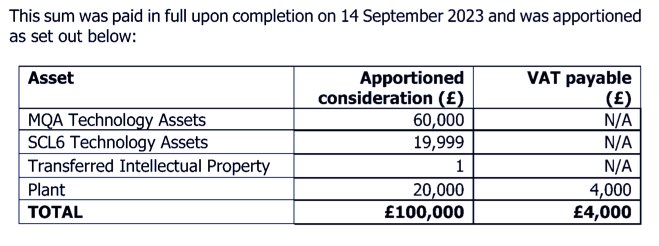Well, here’s something you read on the internet which I agree with due to the pedigree and reputation of the company who penned it

www.linn.co.uk
The article, points the problems that afflicted MQA since beginning. They aren't on technical side but on the commercial and presentation one. They claimed was an esoteric and mysterious way to get miracles.
In reality it's a very effective way to get practically same reproduction results of hi-res sources at half size and bitrate. At presentation time it made sense.
MQA is not bit perfect compared to original file but it's not lossy in the way usually we think about mp3 or related.
MQA takes some of less and unused significant bits of signal, those lying in the obscure depth of 24bit and use them to carry ultrasonic info of original sampled signal. Consider that those info, are wery few even in 192khz standard hi-res flac. This ultrasonic part is the only really lossy compressed in traditional terms, while the sonic (and audible) part of signal loses some not significant bits that usually lie at the background noise.
Over this process there are a list of self claiming "miracle upsampling processes" that contribuited, with royalties fees, in the bad name of system.
A other "commercial" aspect, was the licensed D/A process, that following the thinking of MQA creators, being the same for everyone regardless the DAC used, gives reference results.
All those aspect are obviously "opinabile" and surely non sense when the files carrying MQA are 44.1 16bit, instead of 48 24bit, just to light some little bulbs.
MQA was not evil, it was just bad depicted...


